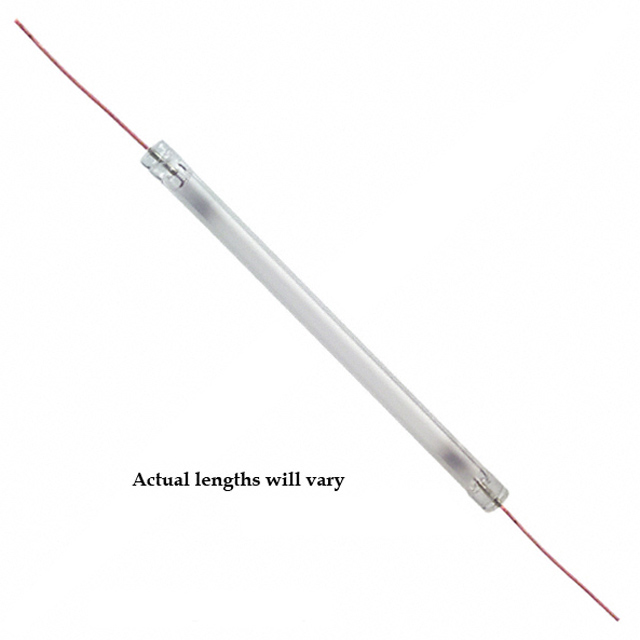FB2031: Features: • Latched, registered or straight through in either A to B or B to A path• Drives heavily loaded backplanes with equivalent load impedances down to 10.• High drive 100mA ...
floor Price/Ceiling Price
- Part Number:
- FB2031
- Supply Ability:
- 5000
Price Break
- Qty
- 1~5000
- Unit Price
- Negotiable
- Processing time
- 15 Days
SeekIC Buyer Protection PLUS - newly updated for 2013!
- Escrow Protection.
- Guaranteed refunds.
- Secure payments.
- Learn more >>
Month Sales
268 Transactions
Payment Methods
All payment methods are secure and covered by SeekIC Buyer Protection PLUS.

 FB2031 Data Sheet
FB2031 Data Sheet







